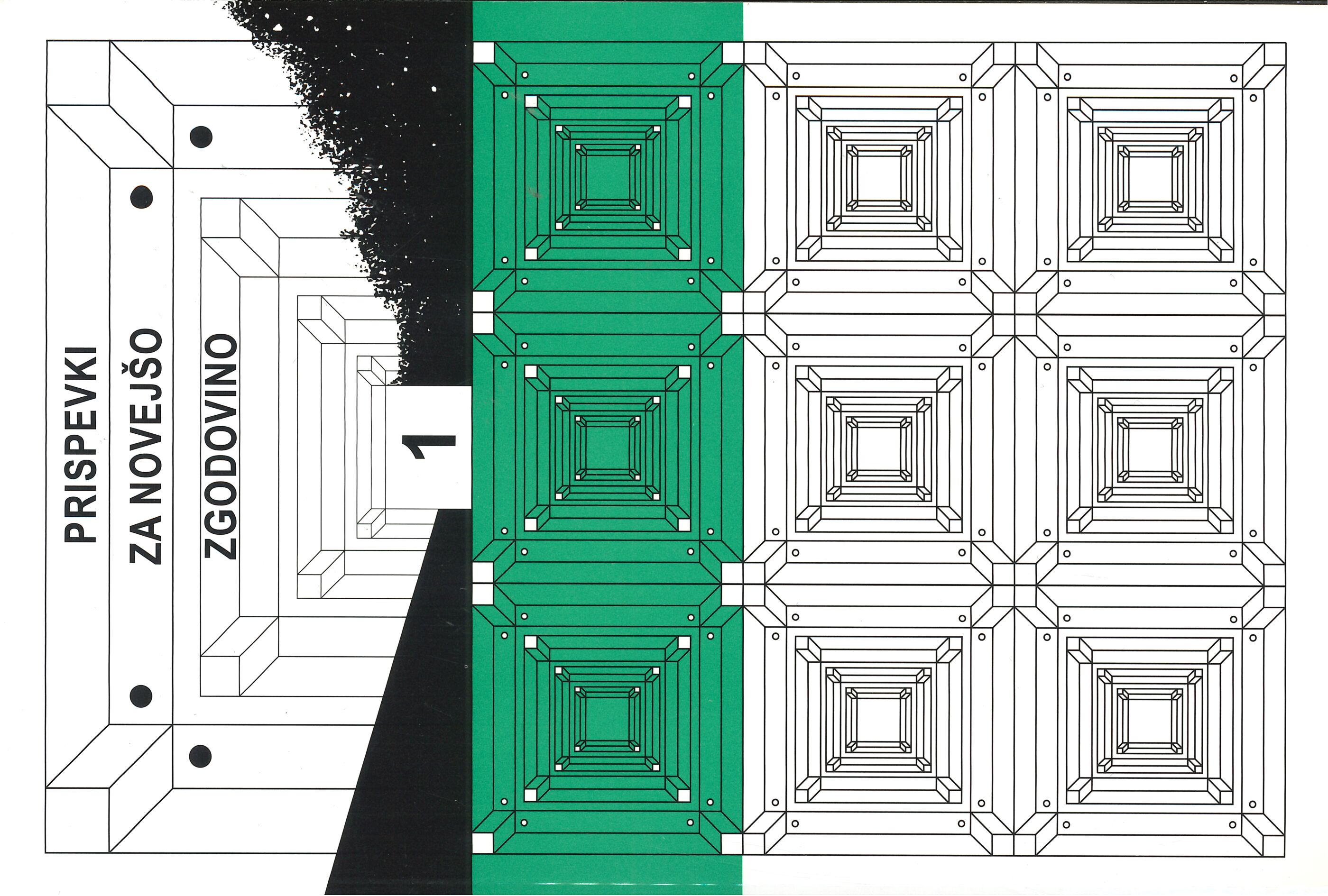The Role of Security and Intelligence Bodies of the Partisan Movement in the Partisan Judicial Administration
Death or Execution
Keywords:
Slovenia, World War II, revolutionary violence, Security Intelligence Service of the Liberation Front, Department for the Protection of People, partisan judicial administration, punitive policyAbstract
The increasing violence of the occupiers, resistance against it and the internal conflict between the Slovenian partisan (revolutionary) and anti–partisan (anti–revolutionary) camp represents the framework for the following article, which focuses on the functioning and character of the partisan judicial administration during World War II as well as on the influence that the Security Intelligence Service of the Liberation Front and its successors had on it. The functioning of the judiciary was defined by the role of the Communist Party of Slovenia in the partisan movement, since this organisation used the Security Intelligence Service and its successor, Department for the Protection of People, as one of the means for the planned takeover of power.
Downloads
Published
Issue
Section
License
Authors who publish with this journal agree to the following terms:
- Authors retain copyright and grant the journal right of first publication with the work simultaneously licensed under a Creative Commons Attribution License that allows others to share the work with an acknowledgement of the work's authorship and initial publication in this journal.
- Authors are able to enter into separate, additional contractual arrangements for the non-exclusive distribution of the journal's published version of the work (e.g., post it to an institutional repository or publish it in a book), with an acknowledgement of its initial publication in this journal.
- Authors are permitted and encouraged to post their work online (e.g., in institutional repositories or on their website) prior to and during the submission process, as it can lead to productive exchanges, as well as earlier and greater citation of published work (See The Effect of Open Access).


